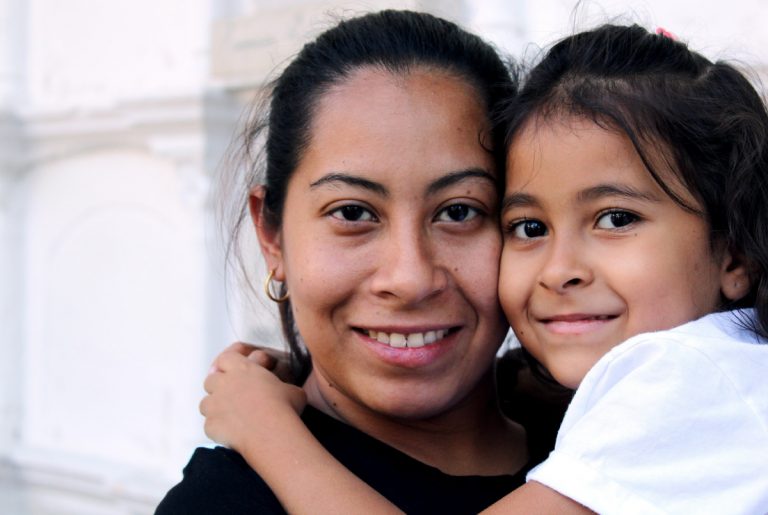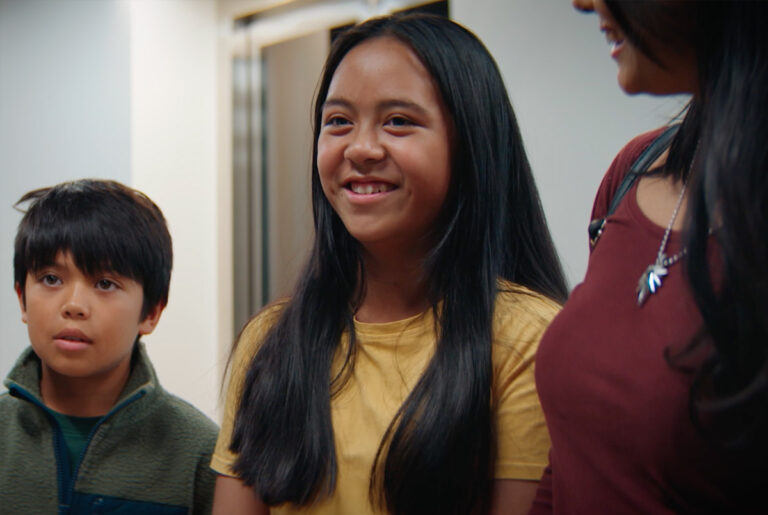Surviving in a co-parenting arrangement during divorce or separation can be challenging. But with dedication, communication, and a willingness to put your children’s needs first, it is possible. Here’s how to approach it, even when you’re still feeling emotionally raw.
Entering into a marriage or a long-term partnership can be a happy time – full of promises to each other, your families and, in many cases, to the children that you plan to have together, or already share.
The reality, however, is that many unions will end in separation and divorce. According to the ABS, in 2020 there was one divorce for every 1.9 marriages registered.
When a breakdown does occur and there are children involved, navigating the landscape of co-parenting after separation or divorce can be complex and challenging.
What is co-parenting?
In its simplest terms, co-parenting is sharing the duties of raising a child. In many, if not most cases, the parents will physically separate, and you’ll need to make some decisions as to where the children will live, and how much time they will spend with each parent.
Shared custody means needing to have some form of ongoing relationship with your ex-partner and interacting with them may feel like a huge challenge.
What are the challenges of co-parenting?
When there is hurt and anger between two ex-partners, the potential to use shared children as a weapon against the other parent can be overwhelming.
But doing so can leave children ‘stuck in the middle’, with possible implications for their emotional development and ability to form healthy loving relationships in the future.
However, with some dedication and a child-centric approach, it’s completely possible to navigate this time amicably. Children of separated parents can and do go on to thrive into adulthood and learn how to successfully form close bonds with others around them.
How to co-parent as amicably as possible
To help guide you through things, we’ve put together some tips for successful co-parenting.
1. Work together on a co-parenting agreement
Draw up a parenting agreement, either independently or with the help of a third-party relationship counsellor, that all parties agree on and stick to. This agreement may include issues such as:
- Where and when children will spend time with each parent
- Which parent will assume the financial responsibility (or percentage of) various child-related needs, including education, leisure pursuits, holiday costs, medical and other living expenses
- Boundaries regarding all interactions with shared children
2. Communicate
Agree on the best way to communicate with each other and the frequency of contact. Some ex-couples will be able to do this in a less structured way, but in cases where there are heightened emotions and conflict, there are mechanisms to assist.
One option is to use an app such as MyMob or Divvito. Apps like these come with features including shared calendars, contacts storage, wish lists, messaging with a profanity filter, and a virtual ‘fridge’ to post photos and notes.
3. Always put children’s needs first
By solely focusing on the needs of the children, you can avoid a lot of unnecessary conflict. Remember that this process is not about you as parents, but about your children. By keeping this as the forethought, any interactions you make can potentially remain positive and constructive, and effectively be separated from the issues between you as parents.
4. Be consistent
Both households need to maintain similar rules and routines to support consistency with issues such as bedtime, screen time and homework. If the children see their parents working cohesively, there is little room for one parent to be made the ‘bad guy’.
5. Take the time to listen
Depending on their age, kids may have many questions, fears, and their own anger. Even if that anger is directed at one or both parents, listen with love and don’t be tempted to blame the other parent. Acknowledge their distress and let them know they are in a safe place to talk about it.
6. Try regulate your behaviour and emotions
This might seem obvious, but in the heat of the moment it can be hard to hold back an outburst — especially if you’ve just had a difficult conversation with your ex, or if the other parent has made last-minute changes to existing arrangements.
Children model their behaviour on yours, so make sure it’s behaviour you’re happy for them to emulate.
7. Encourage your child’s relationship with the other parent
Successful co-parenting allows your children to see that the love of each parent for them remains far greater than any anger that you may hold for each other.
Allow and encourage your child’s affection for the other parent. Knowing that they are loved by both parents equally — and that they can do so without guilt or fear of hurting the other parent — is vital for healthy, emotionally robust kids.
8. Don’t try to be the favourite parent or spoil your kids with gifts
It can be tempting to indulge your child when they’re with you, particularly if you are the parent with greater financial means.
Whilst your kids may indeed love the short-term pleasure of receiving extravagant toys, holidays or that adorable puppy, children crave stability, boundaries and routine. Ultimately, this is what will truly make them feel secure and loved.
9. Don’t treat the children as messengers
Using your child as the medium to communicate with your ex creates stress for them, with the possibility of misinformation or the child forgetting to pass on messages and feeling blame and guilt.
Letting the child be the go-between can quickly lead to tension, misunderstanding and anger. It’s always best to communicate directly with your former partner to avoid misunderstandings.
Ultimately, successful co-parenting will rely on the ability of both parents to communicate effectively. By working together to put the welfare of your children above all else, you can foster healthy, emotionally resilient young people.
It is not always easy, but it is achievable – and it’s most certainly worthwhile for everyone in the family.
Relationships Australia NSW runs Parenting After Separation workshops, which help couples and carers learn more about how they can best support their child through the process of separation. Contact us for more information.
Related Services & Workshops

Group Workshops.Families.Parenting
Parenting After Separation
Managing a difficult relationship with a former partner can be difficult, especially when kids are involved. This group offers tools to improve communication, reduce conflict and make decisions in the best interests of your kids.

Counselling.Families.Life Transition
Family Counselling
Our trained and compassionate family therapists provide Family Counselling services online and in-person throughout NSW. Family Counselling provides a safe space to address problems, hear each other’s perspectives, overcome difficulties, improve communication, and restore and strengthen relationships.

Tailored Services.Families.Domestic Violence
Children’s Contact Service
The Children’s Contact Service provides a safe, neutral and child-focused environment for families to build and maintain meaningful relationships while staff supervise and monitor interactions.






